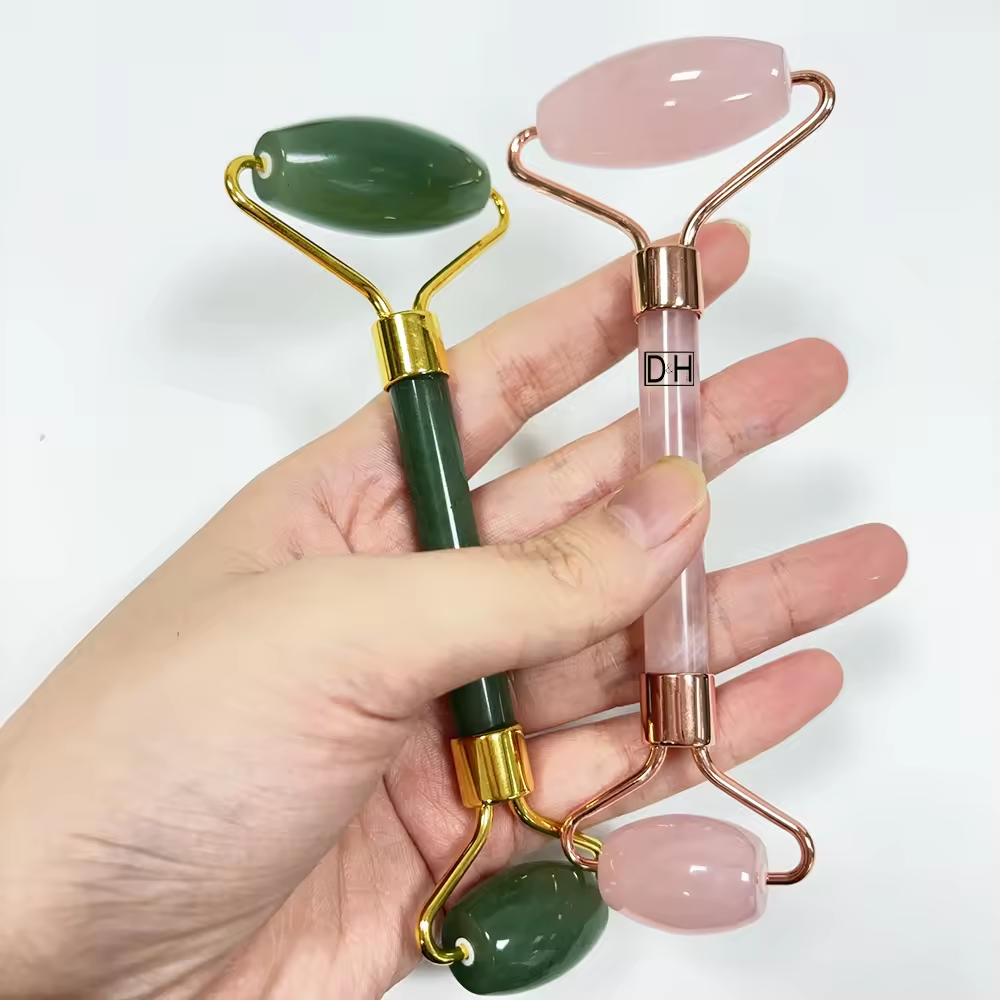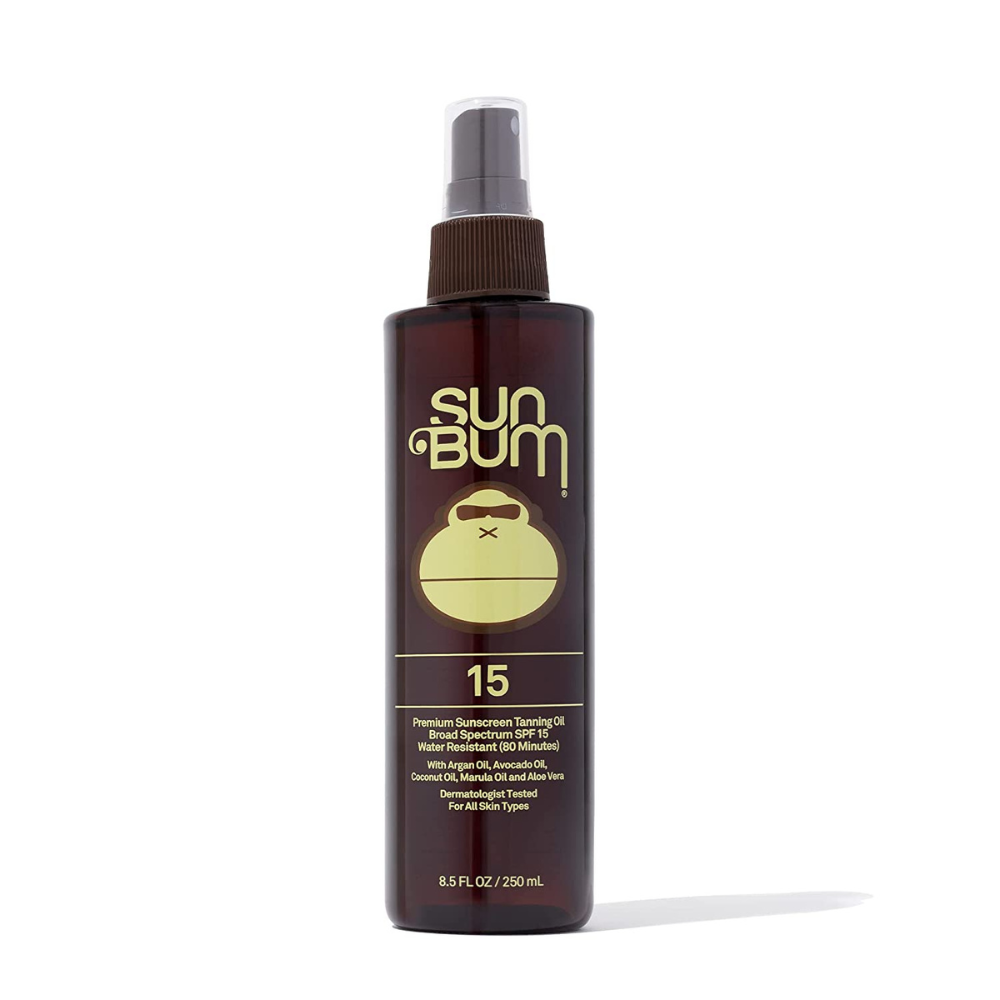Protein Powder Expiration: Myth or Reality?
When you buy protein powder, you’ll notice an expiration date. This date makes you think. Does protein powder really go bad? Or can you use it past the date? How long is protein powder good for?Let’s find out.
Understanding the Factors Influencing Protein Powder Shelf Life
Many things affect how long your protein powder stays good. Here are the main ones:
- Type of Protein: Whey protein has a different shelf life than vegan proteins.
- Moisture Levels: Powder needs to be dry. If it’s not, it can spoil faster.
- Storage Conditions: Heat and humidity are bad. They can make your protein go bad sooner.
- Packaging: How well it’s sealed keeps it fresh. Look for tight seals.
- Ingredients: Some additives make it last longer.
Remember, these factors matter. They can extend or shorten the time you can use your protein.

Identifying Fresh vs. Expired Protein Powder
Most protein powders come with an expiration date. But can you spot one that’s gone bad? Yes, and here’s how.
Spotting the Signs of Spoilage in Protein Powder
Even before the expiration date, protein powder can spoil under poor storage conditions. Look for these clues:
- Rancid Smells: When protein powder starts to spoil, it can emit a bad smell. Trust your nose. If it smells off, it probably is.
- Changes in Color: Good protein powder should keep its original color. If it turns yellow or another color, be cautious.
- Lumps or Clumping: Dry protein powder should be smooth and free-flowing. If you see lumps, moisture may have gotten in.
- Bitter Taste: If you doubt the freshness of your protein, do a small taste test. Spoiled powder tastes bitter. But don’t eat it if you’re unsure.
Remember, even if the package says it’s good, trust these signs first. They tell you more about the actual condition of your protein powder.
Whey vs. Vegan Protein: A Shelf Life Comparison
When choosing protein powders, consider their shelf life. This may influence your decision.
Diversifying Your Protein Source for Longer Shelf Life
To extend the usability of your protein powders, try mixing whey with vegan options. Vegan proteins often last longer, providing a varied shelf life. Store them well to maximize their benefits.

Best Practices for Storing Protein Powder
To keep your protein powder fresh, storage is key. Here are the details on how to do it right.
Tips to Extend the Life of Your Protein Powder
- Keep It Cool: Aim for a cool pantry at about 70°F. Avoid hot spots.
- Stay Dry: High humidity is bad. Find a dry space for your powder.
- Seal It Tight: After each use, make sure your protein powder is tightly sealed.
- Darkness Prevails: Light can degrade quality. Store protein in a dark place.
- Avoid Air: Air exposure can cause spoilage. Use containers that push out air.
- Consider Refrigeration: Some people like to store powder in the fridge. It’s okay but not essential.
- Check Packaging: Proper packaging helps. Make sure it’s air-tight and durable.
By following these simple tips on how to store your protein powder, you can help ensure it lasts as long as possible. This means you may enjoy your protein powder for up to the two-year mark for vegan proteins and potentially less for whey, depending on the presence of additives and environmental conditions.
What to Do With Expired Protein Powder
When your protein powder’s expiration date has passed, you’re faced with a decision. Is it still good to use, or is it time to dispose of it? Here’s a guide to help you make the right choice.
Handling and Disposal of Ineffective Protein Powder
If you suspect your protein powder is no longer effective, don’t use it. Signs like bad smells, unusual colors, and clumps can indicate it’s time to throw it away. Safe disposal is key. Do not pour it down the drain as it can clog pipes. Instead, put it in your trash bin.
If you hesitate to toss it because it feels wasteful, consider if you know when the powder became ineffective. If it just recently expired and shows no signs of spoilage, you might still use it. But, if it’s been a while or has clear spoilage signs, it’s best to discard it. Remember, your health comes first.
In some cases, you can use expired powder for non-consumable purposes. Think about using it as a garden fertilizer or a cleaning scrub. These uses can help reduce waste.
Before you dispose of protein powder, make sure the container is recyclable. Clean it out and recycle if possible. This helps reduce environmental impact.
Always consider protein safety before consuming it past its expiration date. Consumption of bad protein can lead to health risks. When in doubt, it’s best not to use it.

Creative Uses for Protein Powder Before It Expires
Before your protein powder reaches its expiration date, utilize it creatively in the kitchen. Not limited to shakes, it can enhance many recipes.
Incorporating Protein Powder into Your Culinary Creations
Protein powder is versatile. Here’s how you can use it in cooking:
- Bake it: Add it to muffins, cookies, or breads.
- Boost Breakfast: Mix into oatmeal or pancake batter.
- Energize Snacks: Blend into energy bars or homemade protein balls.
- Upgrade Smoothies: Combine with fruits and veggies.
- Enhance Savory Dishes: Stir into soups or sauces for a protein lift.
These ideas not only help you use up protein powder, they also amplify your dishes’ nutrition. Always check for spoilage signs. A bad smell, off color, or clumps mean it’s time to toss it.
The Science Behind Protein Powder Degradation
As time passes, protein powder can lose quality. This affects how well it works. Let’s dive into the science behind this process.
Insights on Protein Quality and Efficacy Over Time
Proteins are complex molecules. They can change based on conditions they’re exposed to. Heat, humidity, and air can all make protein powder less effective. Over time, an amino acid called lysine can breakdown. This reaction reduces how well the protein helps with muscle building.
Studies show that protein powders are stable for a while. For example, whey protein can be good for 9 to 19 months. Vegan protein can last up to 2 years. These times assume storage is proper. If storage is bad, powder can spoil before the date.
Spoilage signs are easy to spot. These include bad smells, bitter tastes, color changes, or clumps. When you see these, the powder might be bad.
Protein powders often come with expiration dates. These are for quality, not always safety. Powders stored well might be fine even after the date.
Remember to store protein powders in a cool, dry place. This helps keep it good for as long as possible. If protein does go bad, think about safe ways to dispose of it. Or, use it in non-eating ways like in your garden.
By knowing these insights, you can make the most of your protein powders. Keep an eye on time and store it right.

Considerations When Buying and Storing Protein Powders
When you buy protein, think about a few key things. This ensures you use protein powders safely and get good value.
Making Informed Choices for Optimal Protein Powder Use
Check expiration dates: Look for freshness when you shop. The ‘best before’ date tells you about quality.
Consider storage: Buy powders you can store well. You want powders that last.
Inspect packaging: Good seals protect powder. Choose powders in air-tight containers.
Assess ingredients: Less is more. Powders with fewer additives often stay good longer.
Plan usage: Estimate how much protein you will use. Avoid buying more than you need.
Store it right: Once home, keep your protein in a cool and dry place. It shouldn’t be too hot or humid.
Use before expiry: Try to use all your powder before the ‘best before’ date. Remember, older protein may be less effective.
By thinking about these points when buying and storing protein powders, you can make sure it stays fresh and effective for as long as possible. This saves money and helps you stay healthy.
Conclusion: The Shelf Life of Protein Powders
Understanding the shelf life of protein powder is essential for maximizing its benefits. Most protein powders are effective for about 1 to 2 years if stored properly. Factors such as exposure to air, moisture, and light can significantly reduce their lifespan.
To ensure protein powders remains fresh, it is crucial to store it in a cool, dry place. Keeping it in an airtight container can prevent moisture from entering, which helps maintain its quality. Additionally, avoid storing it near stoves or windows where temperature fluctuations occur.
Signs of Spoilage
Recognizing the signs of spoilage is equally important. If an unusual odor, color change, or clumping develops, it may be time to discard the product. While a slight change in texture could occur over time, any significant alterations warrant caution.
Always check the expiration date on the packaging. Though proteins powder may still retain its nutritional value past the date, it is best to prioritize freshness. If in doubt, a taste or smell test can also help determine usability.
Conclusion on Usage
In conclusion, protein powders have a good shelf life when stored correctly. Staying mindful of storage conditions and being aware of spoilage signs will ensure optimal usage. Prioritizing freshness ultimately enhances the effectiveness of your protein supplement. Make informed choices and enjoy the benefits of protein powder for a longer period.



